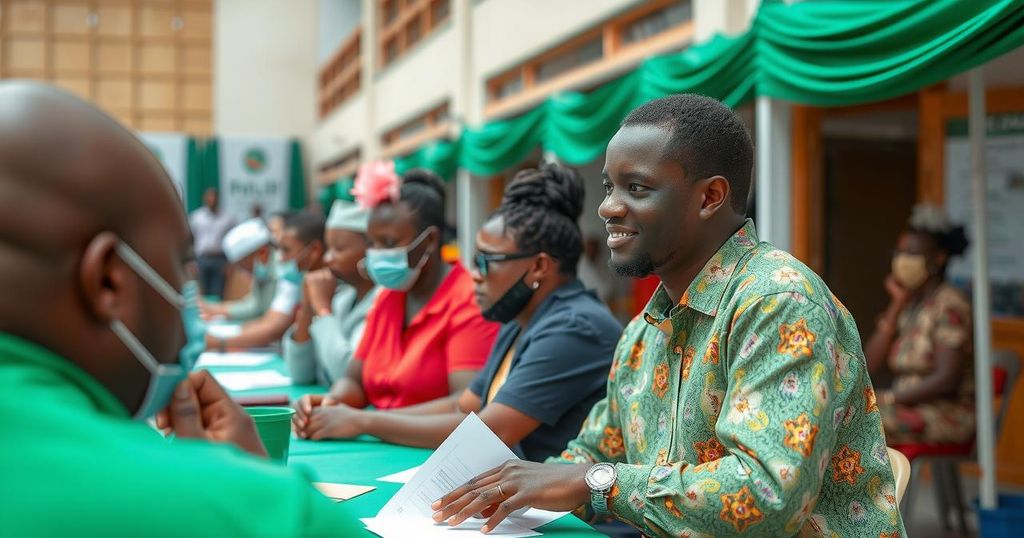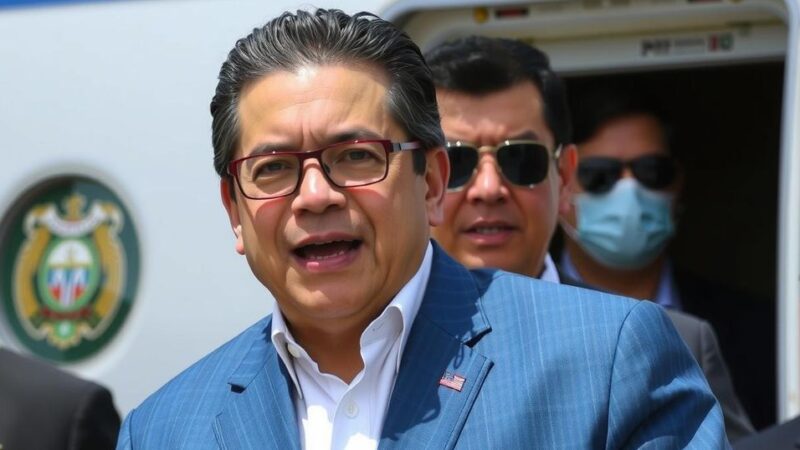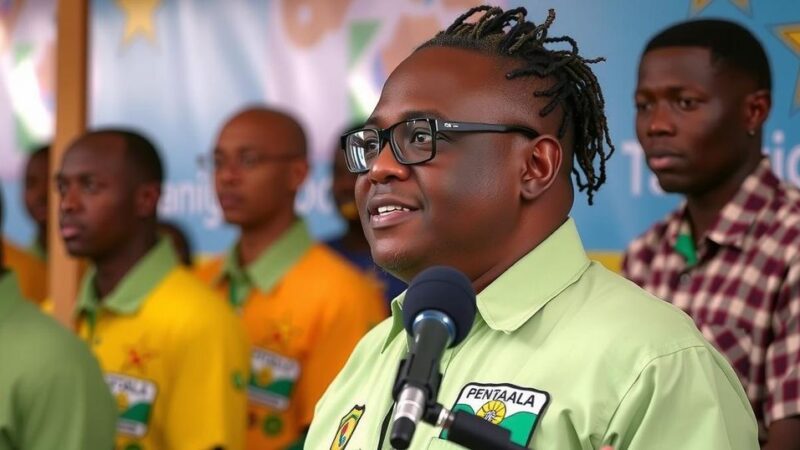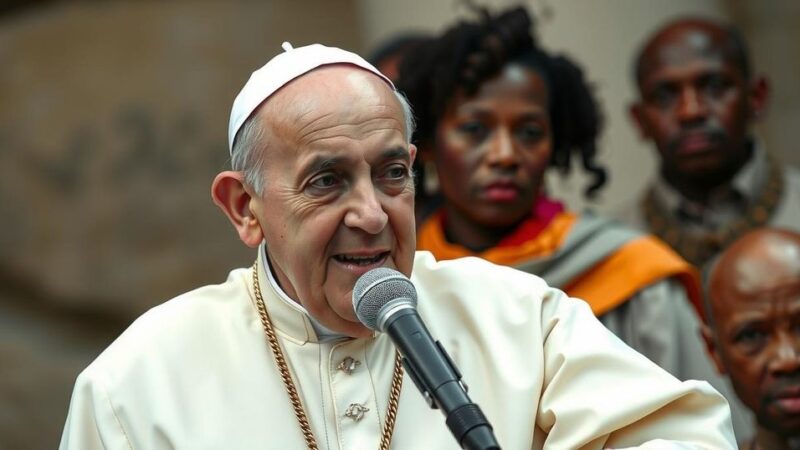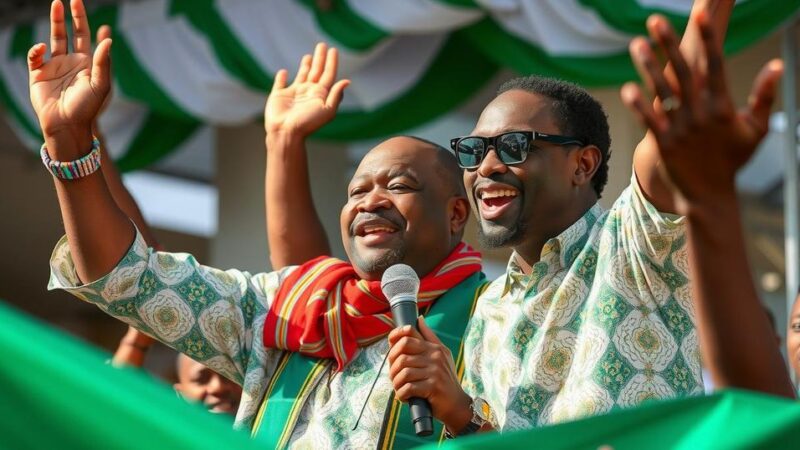Voters in Comoros are electing a new parliament with 33 seats amid political tensions following allegations of electoral irregularities in the previous presidential vote. Approximately 338,000 individuals are registered to vote, while nearly 100 candidates are in contention. The opposition is divided, with calls for a boycott from some factions, while others engage in the process to highlight systemic issues. Results are expected by Friday.
Voters in the Comoros are participating in elections to select representatives for the archipelago’s 33-seat parliament. This event follows the controversial re-election of President Azali Assoumani, which occurred a year earlier amidst allegations of significant electoral irregularities made by opposition factions. In response to these claims, officials from the governing party have categorically denied any wrongdoing. Polling stations opened early on Sunday, with approximately 338,000 registered voters expected to cast their ballots.
The Comoros has faced significant political turmoil under President Azali Assoumani, who has held power since assuming office through a coup in 1999. His administration has been punctuated by accusations of authoritarianism and attempts to extend his hold on power, including recent moves to empower his son, Nour El-Fath. The last parliamentary elections were conducted in January 2020, and following these developments, a selection process led by the country’s Supreme Court has placed nearly 100 candidates in contention for election. Some opposition parties advocate for boycotting the elections due to concerns regarding the legitimacy of the process.
The elections in the Comoros represent a crucial moment for the nation, as they highlight ongoing tensions between the ruling party and opposition groups. While some factions endorse participation to expose the government’s alleged flaws, others, like the Juwa party, opt for a boycott. The results, anticipated to be announced by Friday, will indicate the electorate’s response to the current administration’s policies and governance style.
Original Source: www.thesenior.com.au

